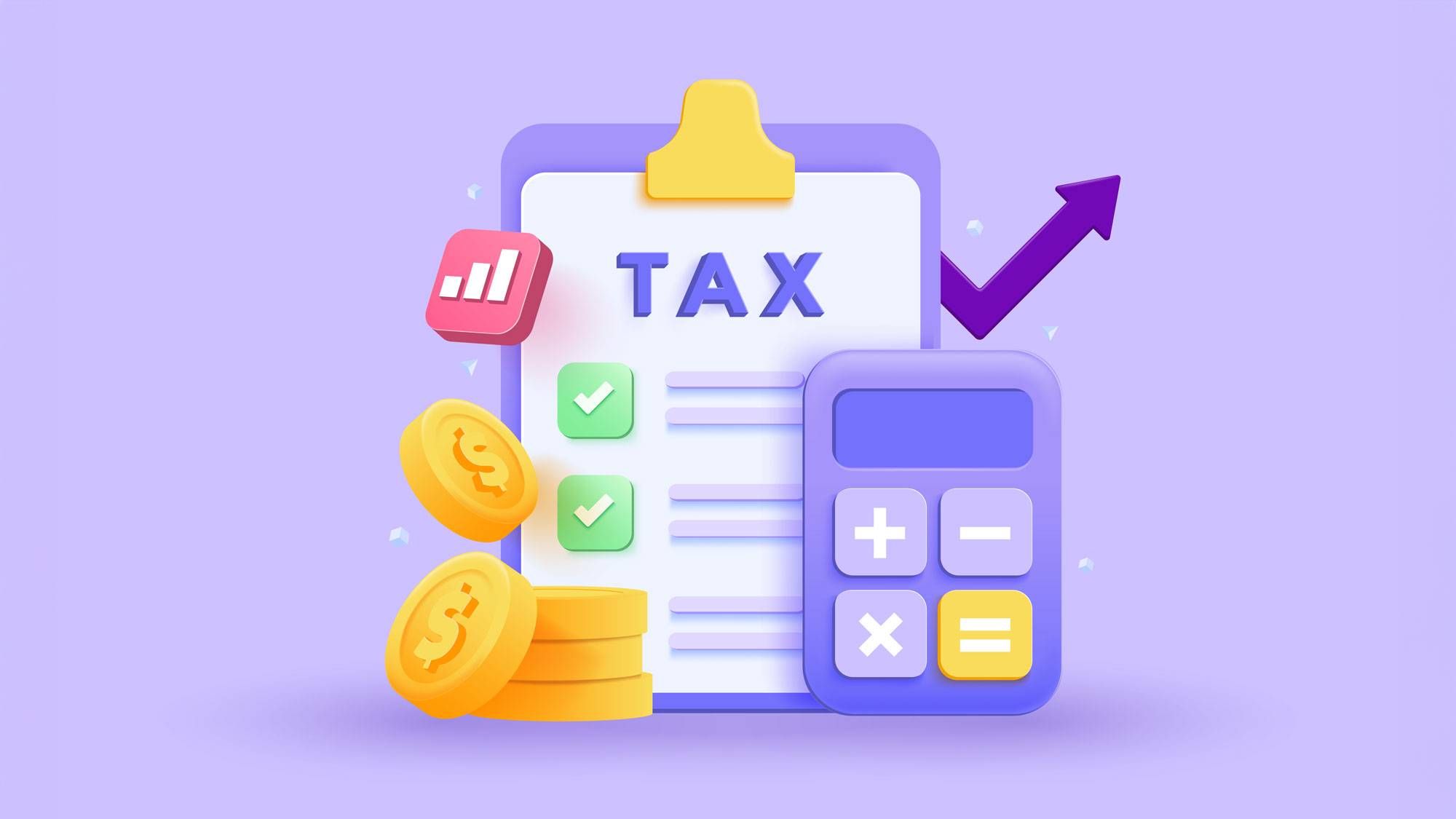Self-Study
Basic Marital Tax Matters
Understand the tax implications of marital filing statuses and dependent claims.

$58.00 – $78.00
Webcasts are available for viewing Monday – Saturday, 8am – 8pm ET.
Without FlexCast, you must start with enough time to finish. (1 Hr/Credit)
Please fill out the form below and we will reach out as soon as possible.
CPE Credits
2 Credits: Taxes
Course Level
Overview
Format
Self-Study
Course Description
Basic Marital Tax Matters provides essential insights into the tax considerations related to marital status, offering valuable knowledge for tax professionals. This income taxation CPE course delves into the subtleties of different filing statuses and the tax advantages and disadvantages associated with each, including the requirements for head of household status and the exemptions for spouses and dependents. The divorce tax accounting CPE course also explores the distinctions between custodial and non-custodial parents, the impact of these statuses on dependency, and special support rules. Additionally, participants will learn about common law and community property systems, understanding their effects on marital and divorce tax planning. This training is particularly beneficial for those seeking to advise clients on §71 alimony qualifications and other intricate aspects of marital tax matters, equipping them with the skills to provide accurate and comprehensive tax guidance.
Learning Objectives
Upon successful completion of this course, participants will be able to:
- Identify the tax advantages and disadvantages of joint filing, specify spousal defenses to joint and several liability and cite the status of deductible exemptions.
- Recognize qualified child and dependency status and identify the differences between custodial and non-custodial parents including how the status affects dependency.
- Determine common law and community property specifying their effect on marital and divorce planning, and identify the circumstances when payments qualify as §71 alimony.
Course Specifics
8132070
February 27, 2025
General understanding of federal income taxation.
None
65
Compliance Information
IRS Provider Number: 0MYXB
IRS Course Number: 0MYXB-T-02561-24-S
IRS Federal Tax Law Credits: 2
CTEC Course Number: 2071-CE-0593
CTEC Federal Tax Law Credits: 2
CFP Notice: Not all courses that qualify for CFP® credit are registered by Western CPE. If a course does not have a CFP registration number in the compliance section, the continuing education will need to be individually reported with the CFP Board. For more information on the reporting process, required documentation, processing fee, etc., contact the CFP Board. CFP Professionals must take each course in it’s entirety, the CFP Board DOES NOT accept partial credits for courses.
CTEC Notice: California Tax Education Council DOES NOT allow partial credit, course must be taken in entirety. Western CPE has been approved by the California Tax Education Council to offer continuing education courses that count as credit towards the annual “continuing education” requirement imposed by the State of California for CTEC Registered Tax Preparers. A listing of additional requirements to register as a tax preparer may be obtained by contacting CTEC at P.O. Box 2890, Sacramento, CA, 95812-2890, by phone toll-free at (877) 850-2832, or on the Internet at www.ctec.org.
Meet The Experts

Danny Santucci, BA, JD, is a prolific author of tax and financial books and articles. His legal career started with the business and litigation firm of Edwards, Edwards, and Ashton. Later he joined the Century City entertainment firm of Bushkin, Gaims, Gaines, and Jonas working for many well-known celebrities. In 1980, Danny established the law firm of Santucci, Potter, and Leanders in Irvine, California. With increasing lecture and writing commitments, Danny went into sole practice in 1995. His practice emphasizes business taxation, real estate law, and estate planning. Speaking to more than 100 groups nationally each year, he is known …



